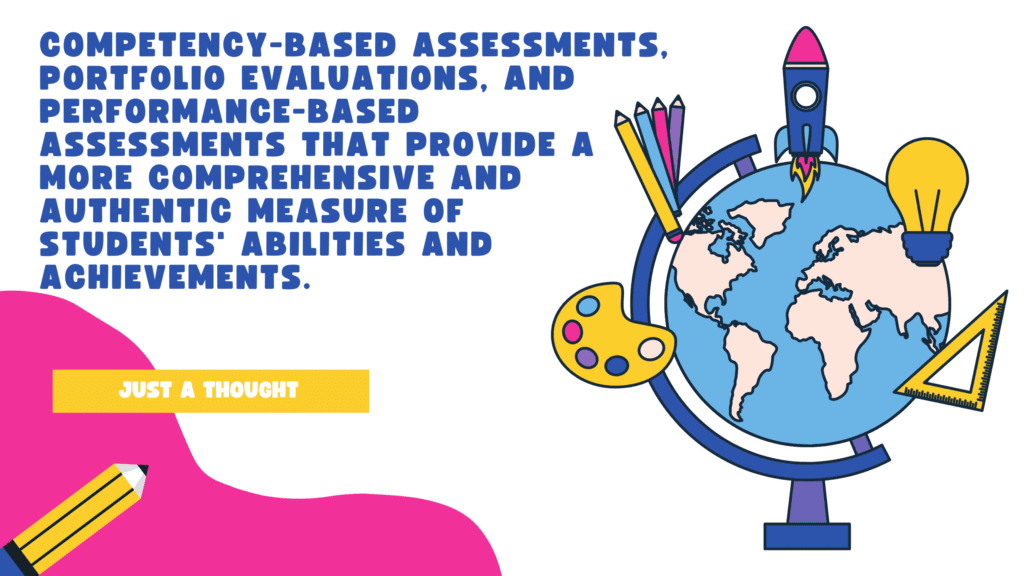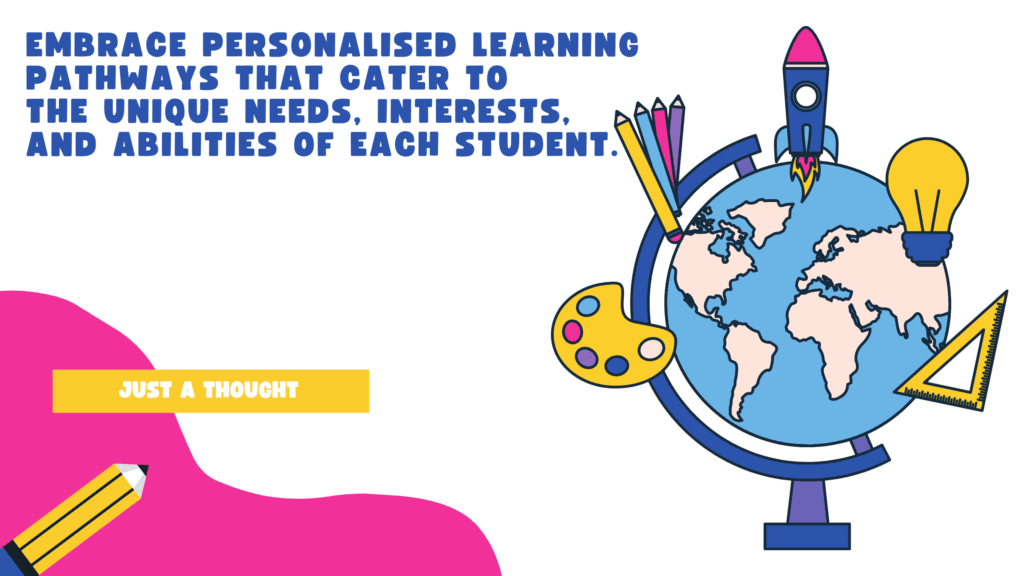In the ever-evolving landscape of education, the need for radical reform has never been more apparent. As we navigate the complexities of the 21st century, it’s essential to rethink traditional approaches to teaching and learning and embrace innovative strategies that empower students to thrive in a rapidly changing world. From reimagining the curriculum to redefining the role of teachers, here are some radical ideas for transforming UK schools and driving positive change.
1. Personalised Learning Pathways
One radical idea for educational reform is to embrace personalised learning pathways that cater to the unique needs, interests, and abilities of each student. Rather than adhering to a one-size-fits-all approach, schools could leverage technology and data-driven insights to tailor instruction and support to individual students’ strengths, preferences, and learning styles. This may involve offering flexible learning schedules, adaptive learning platforms, and personalised learning plans that empower students to take ownership of their learning journey. This may mean more children remain engaged in education for longer and better outcomes are achieved.
2. Project-Based and Experiential Learning
According to Townsville catholic education jobs, there’s been a radical shift prioritising project-based and experiential learning over traditional classroom instruction. Schools could provide students with hands-on, real-world learning experiences that foster critical thinking, problem-solving, collaboration, and creativity. By engaging in projects and inquiries that address authentic challenges and issues, students can develop essential skills and competencies while gaining a deeper understanding of complex concepts and topics.
3. Community-Embedded Education
Redefining the role of schools as community hubs is another radical idea for educational reform. UK schools could serve as centres for community engagement, collaboration, and empowerment, providing opportunities for students to connect with local organisations, businesses, and community members. This may involve implementing service-learning initiatives, community-based projects, and partnerships that enrich students’ learning experiences and contribute to the well-being and development of the broader community. Schools are well-placed to play this role in modern society.
4. Democratising Education

Democratising education is a radical concept that challenges traditional power structures and hierarchies within schools. Schools could empower students to have a voice and agency in decision-making processes, curriculum design, and school governance. By fostering a culture of participatory democracy and student-led initiatives, schools can cultivate a sense of ownership, belonging, and responsibility among students, ultimately leading to more engaged and empowered citizens.
5. Holistic Assessment and Credentialing
Moving away from traditional standardised testing, UK schools could adopt holistic approaches to assessment and credentialing that better reflect students’ diverse talents, skills, and accomplishments. This could involve implementing competency-based assessments, portfolio evaluations, and performance-based assessments that provide a more comprehensive and authentic measure of students’ abilities and achievements. Additionally, schools could explore alternative credentialing systems, such as digital badges and micro credentials, that recognise and validate students’ mastery of specific skills and competencies, not simply the traditional subjects represented in the exams taken at 16 and 18.

Final Thoughts
The time for radical educational reform in the UK is now. By embracing innovative ideas such as personalised learning pathways, project-based and experiential learning, community-embedded education, democratising education, and holistic assessment and credentialing, UK schools could create more inclusive, equitable, and empowering learning environments that prepare students for success in the 21st century and beyond. It’s time to challenge the status quo, reimagine education, and strive towards a brighter future for all learners in the UK.




1 comment